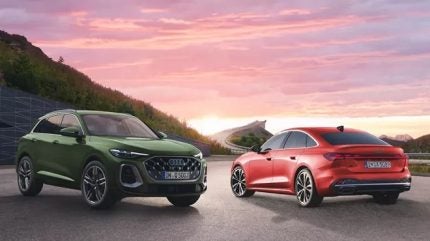
Sales of imported light passenger vehicles in South Korea rose by almost 10% to 27,779 units in June 2025 compared with 25,300 units a year earlier, according to registration data released by the Korea Automobile Importers & Distributors Association (KAIDA).
The association attributed last month’s strong market performance to improved availability of new models, particularly electrified models such as battery-electric vehicles (BEVs) and hybrids, following inventory shortages earlier in the year.

Discover B2B Marketing That Performs
Combine business intelligence and editorial excellence to reach engaged professionals across 36 leading media platforms.
While import sales in the first half of 2025 increased by 10% to 138,120 units, from 125,652 units a year earlier, overall demand for new vehicles in South Korea remains sluggish – reflecting weak domestic economic growth and high consumer debt. Domestic sales of vehicles produced by the five main local manufacturers rose by less than 3% to 687,932 units in the six-month period, underpinned mainly by new models from Hyundai and Kia.
German-owned brands accounted for almost 64% of total import sales year-to-date, with some 88,000 units combined, led by BMW with a 9% rise to 38,280 units, while its Mini subsidiary saw its sales plunge by over 21% to 3,418 units. Together, the two brands accounted for 30% of total imports. Mercedes-Benz saw its first-half sales rise by 8.5% to 32,575 units, while Volkswagen Group reported a 32% jump to 13,680 units, thanks mainly to strong rebounds by Porsche and Audi.
US EV maker Tesla saw its sales rise by over 10% to 19,212 units year-to-date, while Volvo’s sales declined by 6% to 6,767 units. Toyota’s deliveries fell by less than 1% to 4,500 units, while its Lexus division enjoyed an 18% rise to 7,594 units.
Chinese automaker BYD, which officially entered the market earlier this year, has delivered 1,286 vehicles so far. The company said it aims to have 30 sales outlets operational by the end of the year.






